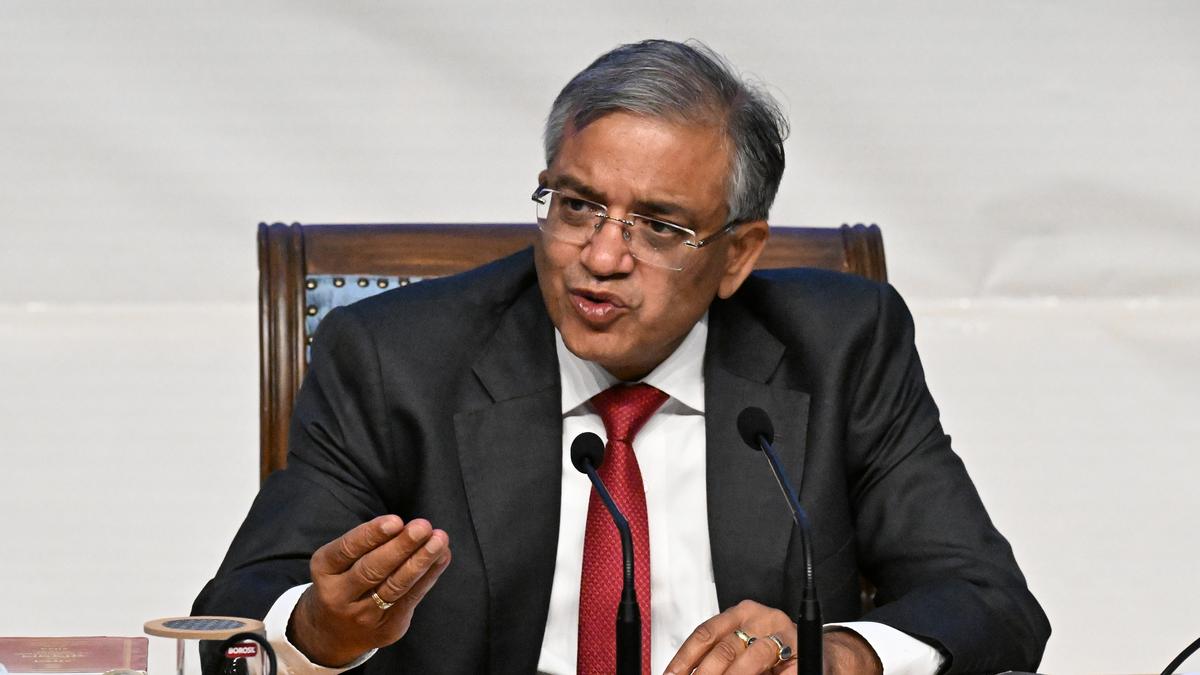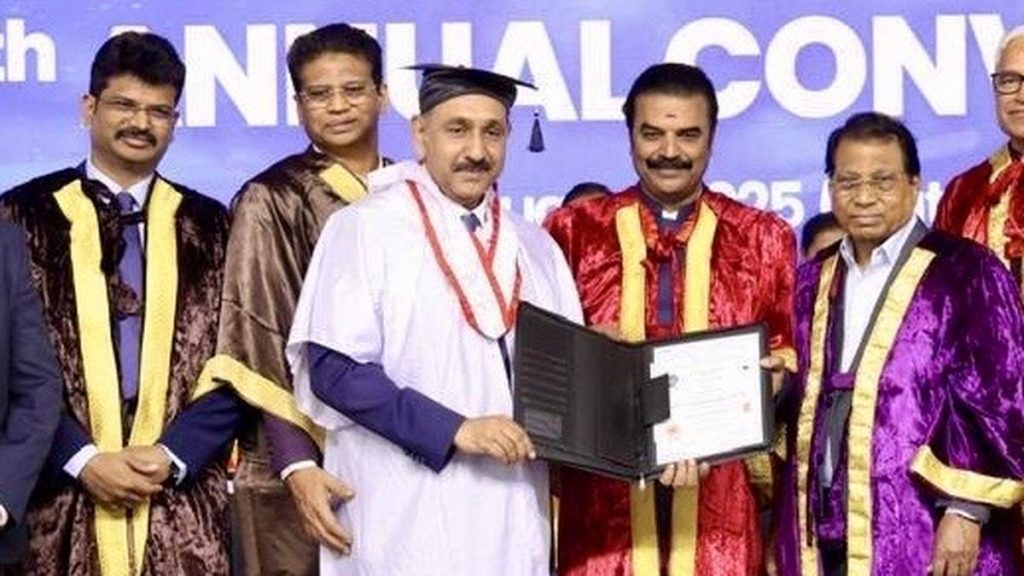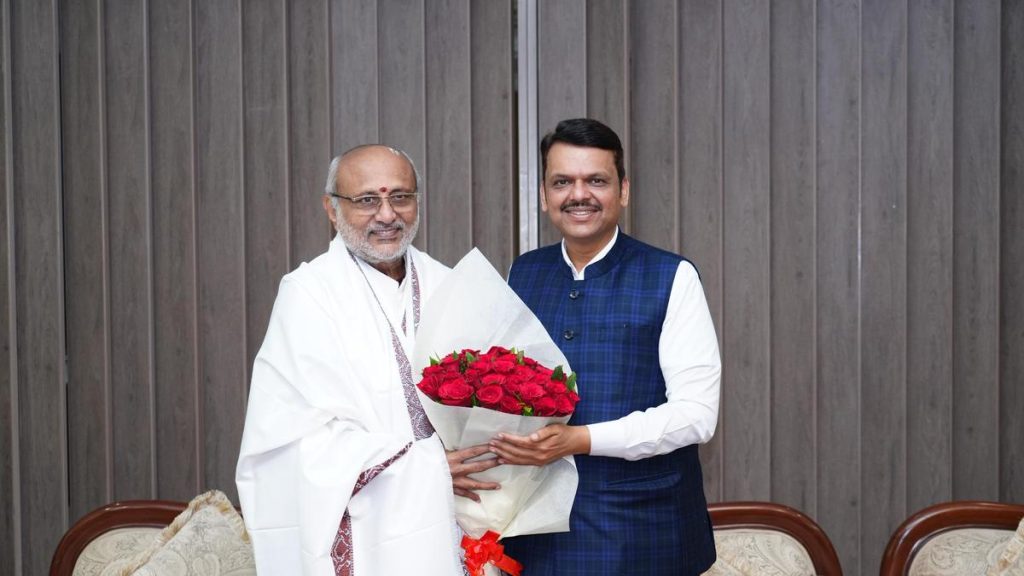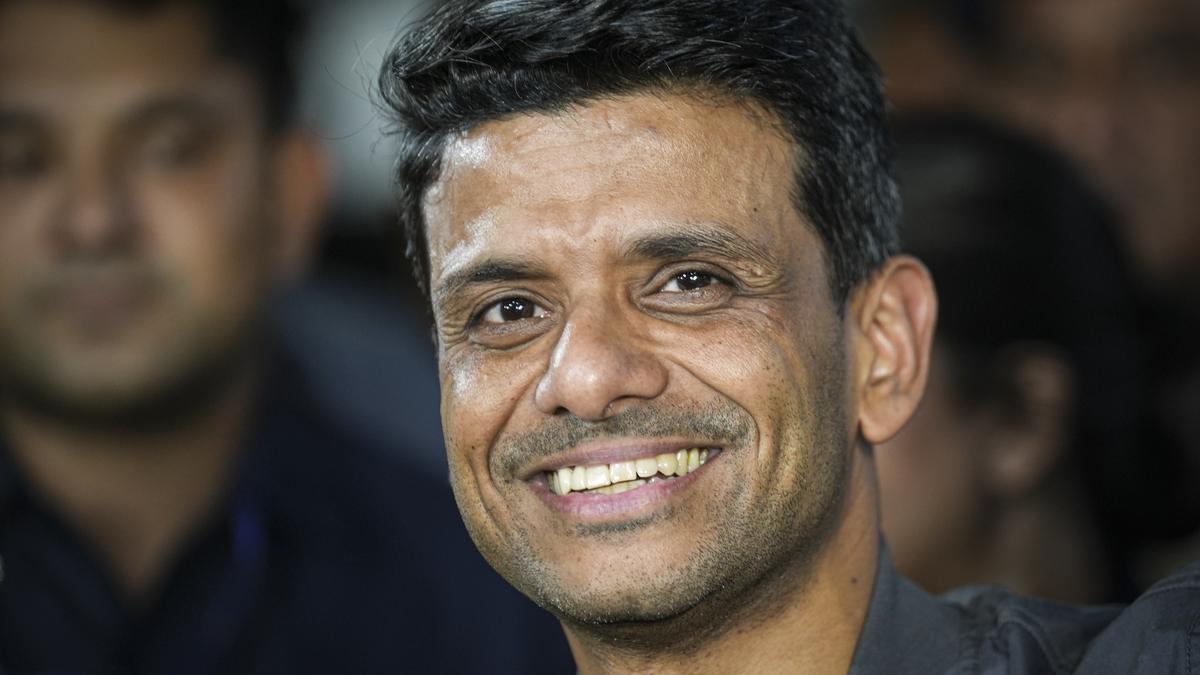Now Reading: ECI Demands Apology or Affidavit from Rahul Gandhi Over Karnataka Vote Theft Claims
-
01
ECI Demands Apology or Affidavit from Rahul Gandhi Over Karnataka Vote Theft Claims
ECI Demands Apology or Affidavit from Rahul Gandhi Over Karnataka Vote Theft Claims

Swift Summary
- Chief Election Commissioner (CEC) Gyanesh Kumar held his first press conference on August 17, 2025.
- The Election commission of India (ECI) demanded that Congress leader Rahul Gandhi submit an affidavit substantiating his allegations of voter roll manipulation in the Mahadevapura Assembly constituency.He has been given seven days to do so or issue a public apology.
- CEC denied Opposition demands for publishing machine-readable voter lists or sharing CCTV footage from polling stations, citing concerns over privacy violations.
- Rahul Gandhi accused large-scale discrepancies in Karnataka’s voter rolls during a BJP-won segment in the 2024 elections. Electoral officers have previously sought evidence under oath from Mr. Gandhi.
- When asked why similar affidavits were not required from BJP MP Anurag Thakur or other opposition leaders raising election complaints, CEC claimed none of their allegations were supported by timely legal processes (e.g., filing petitions within the mandated 45-day window).
- The CEC described late accusations as “misleading” and an “insult to the Constitution,” emphasizing that electoral transparency makes “vote theft” claims unrealistic.
Indian Opinion Analysis
The press conference highlights escalating tensions between India’s Election Commission and political leaders regarding accountability and electoral integrity. While the ECI’s insistence on legally verified complaints demonstrates its adherence to procedural norms, unequal application of these standards risks undermining perceptions of neutrality. Specifically, questions remain about why similar requirements were not imposed on other leaders like Anurag Thakur.
By refusing demands for greater transparency measures (e.g.,machine-readable lists),citing privacy concerns,the ECI has tried striking a balance amidst rising skepticism over election processes. However,dismissing allegations without thorough examination may deepen mistrust among voters.
The controversy underscores ongoing challenges around building confidence in democratic institutions-a crucial factor for ensuring credibility in future elections.
Read more: The Hindu
























